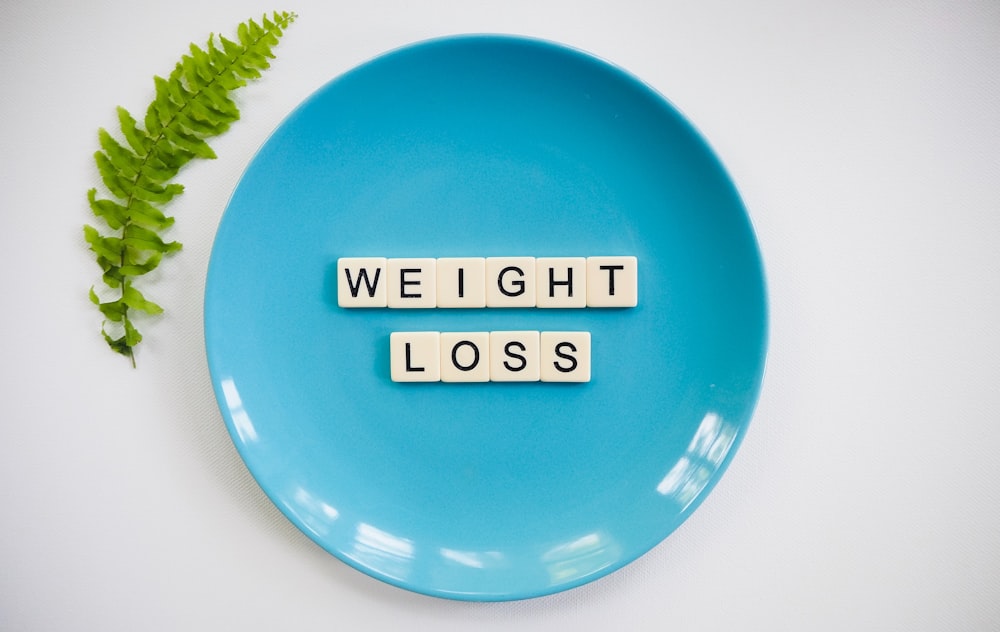The Beginner's Guide to a Weight Loss Plan: From Age 50+

Image Source: Unsplash
According to the American Society for Geriatric Dental Medicine, more than half of Americans are expected to experience some form of age-related macular degeneration by 2020. An eye disease that affects your central vision, AMD is progressive and usually leads to loss of vision within two years. Fortunately, there are a variety of lifestyle changes you can make to help prevent this condition and improve your chances of staying healthy as you age. Even better? These habits are also beneficial if you’re trying to lose weight. A healthy diet plan and regular exercise routine will help keep your body in top shape, whether or not you have excess pounds to lose. Listed below are some helpful tips on how you can set up a weight loss plan if you’re over 50 years old.
Eat a well-balanced diet
Diet is important for weight loss. Healthy eating is key to encouraging weight loss and preventing age-related diseases. Research has found that people who eat a healthy diet tend to have a much lower risk of developing age-related illnesses, including heart disease and some forms of cancer. Aim to consume five to six servings of fruits and vegetables daily—three of these should be orange- or red-coloured. Red and orange fruits are high in vitamins C and E, which are key antioxidants that support healthy metabolism and are thought to be key to maintaining a healthy weight. Healthy fats are also important to include in your diet. Healthy fats, such as those found in avocados, olive oil, and fish, can help with weight loss and your heart health.
Exercise regularly
Exercise is an important part of a weight loss plan. It can help you lose weight, keep your energy levels up, and improve your mood. But it’s not just about lifting weights, running, or doing aerobics—any form of exercise can be beneficial. Find something you enjoy doing, whether it’s swimming, walking, gardening, or any other activity you enjoy. As well as burning calories and helping you lose weight, exercise has also been shown to increase levels of brain chemicals like serotonin, dopamine and endorphins, which are thought to improve the quality of your sleep, improve your mood, and increase your energy levels. Make sure you get enough exercise—at least 150 minutes of moderate-intensity aerobic activity per week, plus an additional 50 minutes of strength training.
Take naps daily
Sleep is crucial to weight loss. While you might be in a rush in the mornings, try taking a 20-minute nap in the middle of the day. Not only will this help you to be more focused and alert, it will also help you to eat less in the hours immediately before you wake up. While it’s not a replacement for a full night’s sleep, napping is a great way to improve your mood, boost your energy levels, and curb your appetite. If you usually have a large meal in the late afternoon or early evening, taking a nap in the middle of the day can curb your appetite and decrease the amount of calories you consume.
Stop smoking
Smoking can have a significant impact on your weight—it’s been shown to increase the amount of weight you gain by around 5%. Plus, the effects of smoking aren’t restricted to your later years; it can also affect your weight loss goals. Smoking is known to decrease the amount of leptin in your blood, which is a hormone that regulates your appetite. This can mean that, when you stop smoking, you may experience an increase in your appetite and unintentionally eat more calories than you normally would.
Maintain strong, healthy friendships
Keeping your friendships strong is important for both your mental and physical health. Having strong social bonds can help to lower stress, improve your mood, and boost your immune system, which are all important factors for maintaining a healthy weight. Studies have also found that socialising has been shown to increase levels of a compound called brain-derived neurotrophic factor (or BDNF for short). BDNF is a compound that plays a crucial role in your brain’s ability to grow new cells, which can help you to maintain a healthy mood and improve your memory.
Conclusion
If you’re over 50 years old, it’s never too late to start a weight loss plan. In fact, it’s more important than ever to make healthy choices if you want to stay as healthy as possible as you get older. A healthy diet and regular exercise can help to prevent many of the health problems that are common in later life, and can also help you to maintain a healthy weight as you get older. The best weight loss tips for older people are to be realistic and to make healthy choices.




Post a Comment